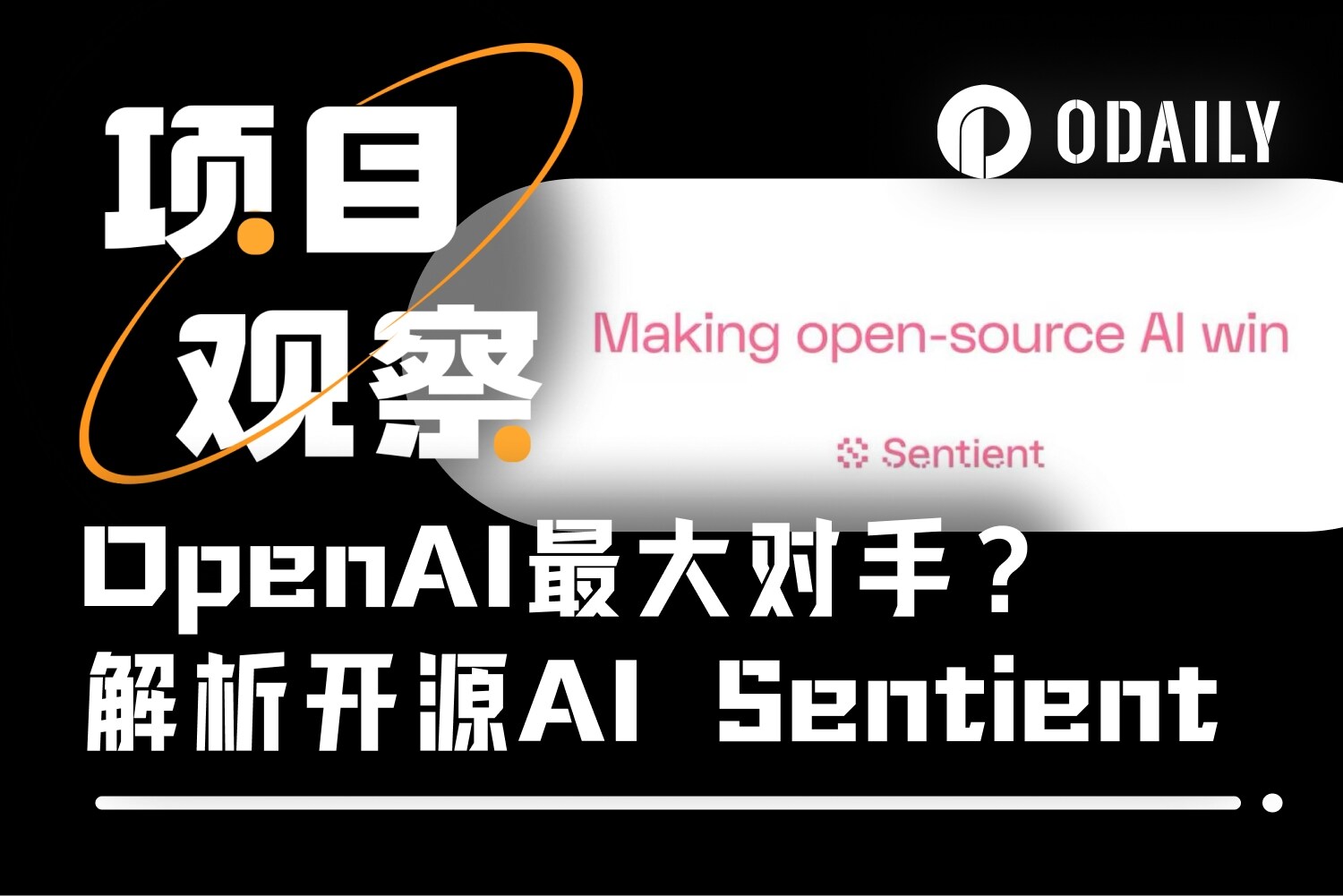Will decentralized storage become the next hot spot to detonate the market?
first level title
Growing Demand for Decentralized Storage
With the development of the Internet, people rely more and more on the Internet, but what follows is that people's personal information stored on the Internet is frequently leaked. A large part of the reason for network data leakage is the centralized server storage. The centralized storage method makes the network data leakage uncontrollable. Whether it is leaked by insiders or stolen by hackers, these are the disadvantages of the centralized storage method.
People pay more and more attention to network security and privacy protection. At the same time, the continuous development of blockchain technology makes people realize the necessity of decentralization, which makes the demand for decentralized storage more and more high. The development of decentralized storage under blockchain technology perfectly solves the pain points of network security and privacy protection, and decentralized storage gradually stands on the forefront of blockchain development.
first level title
Decentralized storage is the infrastructure of the future Internet
At present, the main decentralized storage project is that users use their own storage space to provide storage services. Users provide proof of computing power through a certain algorithm in the decentralized network, thereby obtaining token incentives in the blockchain network.
Due to the particularity of decentralized storage, there are generally high hardware requirements for decentralized storage. In addition to the large storage capacity of the hardware itself, it is also necessary to ensure long-term uninterrupted power supply of the storage device and maintain the long-term operation of the device to meet the requirements of decentralized storage. Different project parties will use different consensus cloud computing mechanisms to complete their corresponding consensus verification, so as to achieve a fair distribution of token incentives, and will also formulate corresponding punishment mechanisms to constrain the behavior of miners. Guaranteed storage availability.
These punishment mechanisms are obviously necessary, because the decentralized storage project party needs to ensure the stable operation of the entire decentralized network, so that the entire decentralized storage network can meet the needs of customers for instant access. Assuming that the power supply of the miners is unstable and the hardware storage space is not guaranteed, it will inevitably affect the operation of the entire decentralized storage network. Take the FIL project as an example. To participate in FIL mining, you need to pledge a corresponding amount of FIL tokens. Once the corresponding punishment mechanism is triggered, the computing power may be confiscated, or even all the pledged principal may be confiscated.
first level title
Troika of decentralized storage
When it comes to decentralized storage, Filecoin, Chia, and Swarm are undoubtedly the three carriages in this field. Let me briefly talk about these three projects with you.
Filecoin
Filecoin is a decentralized storage network that uses the blockchain token system to issue the token FIL, which is the only incentive layer of IPFS. FIL is the only circulating token in the decentralized network of Filecoin, which can be regarded as the basis of this network operation. Miners can obtain FIL by providing storage for customers; similarly, customers can spend FIL to hire miners to store or distribute data.
The innovative development of FileCoin adopts a mixed consensus mechanism - Proof of Replication (PoRep) + Proof of Time and Space (PoSt) + Expected Consensus (Expected Consensus). Miners carry out corresponding normative constraints to meet the needs of a decentralized network.
Chia
Chia is billed as a "green bitcoin," mainly using brand new"proof of space and time"(Proof of Space and Time) consensus algorithm to replace Bitcoin's POW consensus mechanism, but it retains a Bitcoin-like halving strategy. Proof of space is the P disk we often hear, that is, using a processor or graphics card to fill the hard disk space with hash data through a unique algorithm.
Chia was established in August 2017 to develop an improved blockchain and smart transaction platform to improve global financial and payment systems. Therefore, strictly speaking, Chia is not intended to provide storage space. XCH is the incentive token of the Chia network. The larger the capacity of the hard disk participating in mining, the greater the chance of obtaining the token XCH.
Swarm
Compared with Filecoin and Chia, Swarm started relatively late, but Swarm is a decentralized storage system developed by the Ethereum Foundation based on the powerful ecosystem of Ethereum, so Swarm is the most powerful among the three. potential project.
Swarm is an extension of the Ethereum ecosystem. The team tries to create a peer-to-peer storage and service solution that is non-stop, zero-fault, and anti-censorship. Miners get their token BZZ incentives by running Swarm nodes and connecting to the Swarm network.
In general, these three projects have their own characteristics, and they are all expected to make achievements in the field of decentralized storage in the future. With the continuous growth of demand in the future, decentralized storage will surely become the next hot spot to detonate the market.



